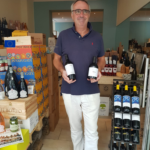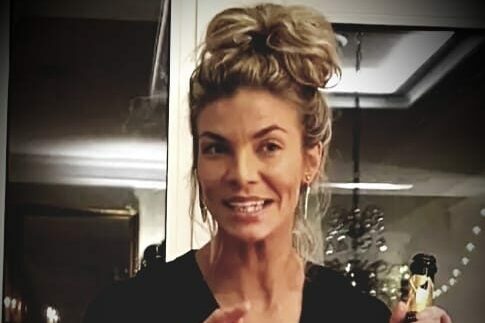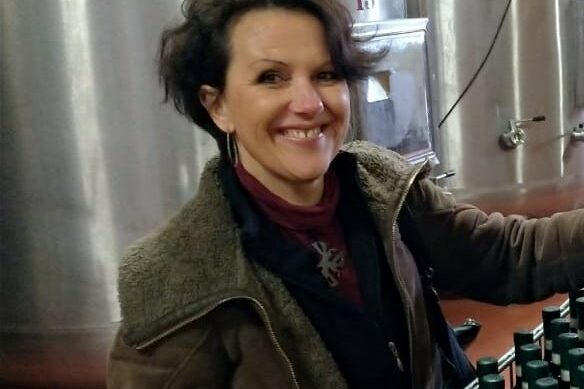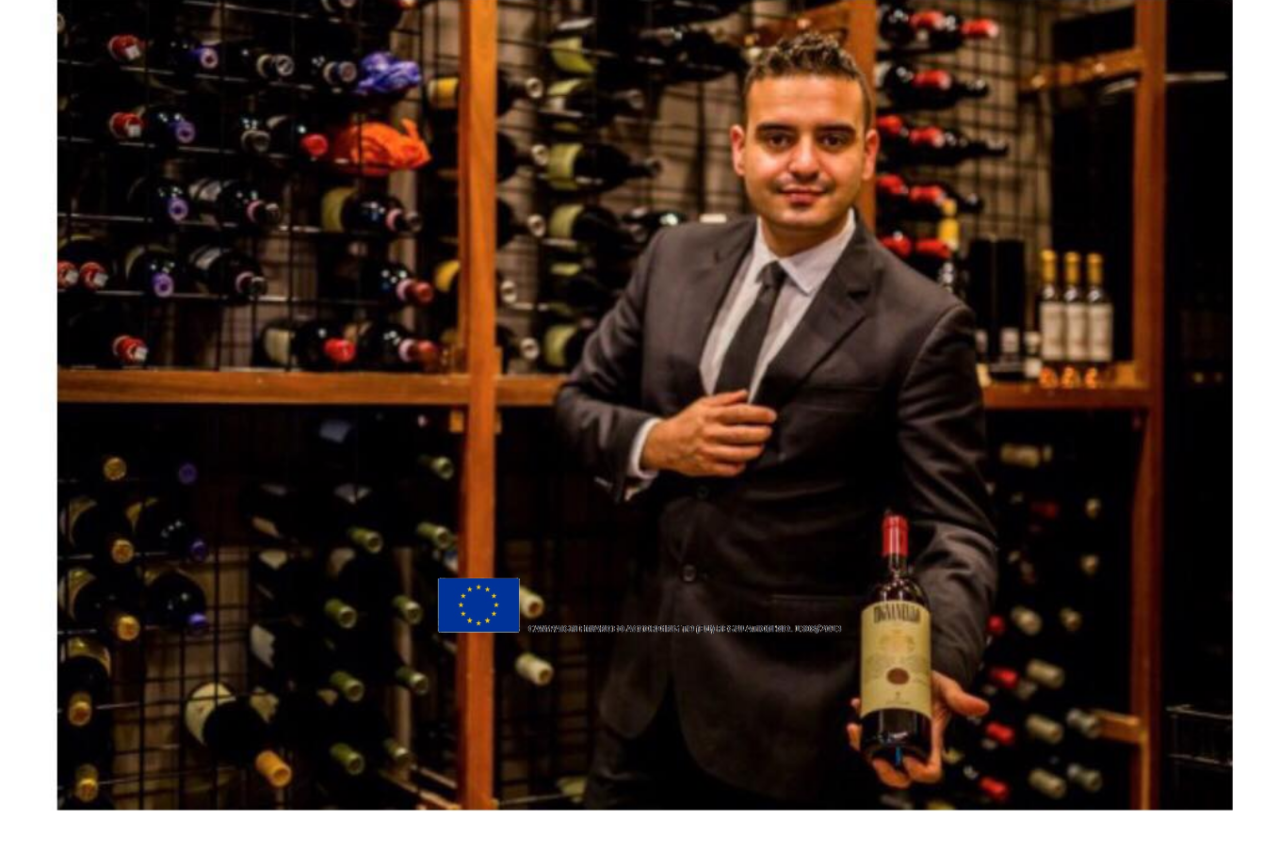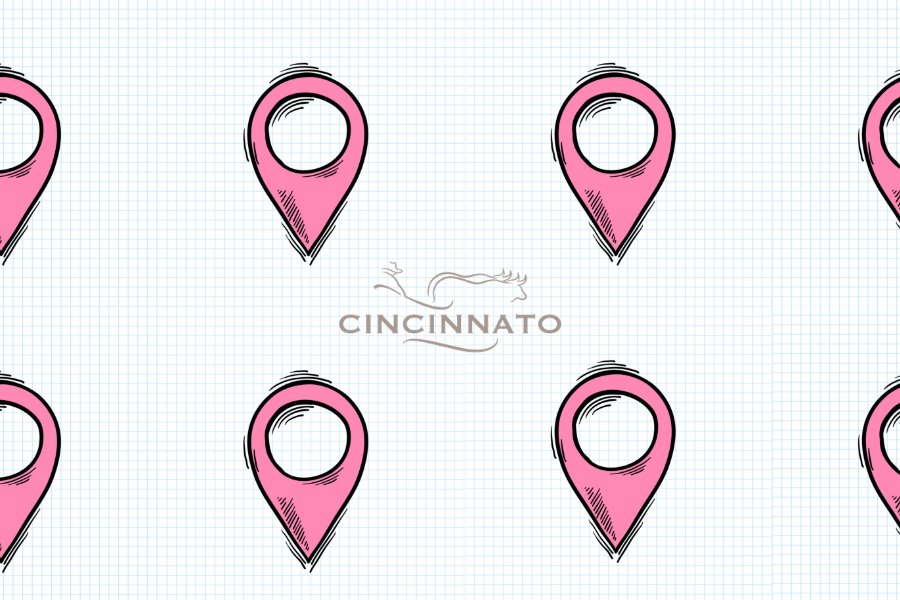We are exploring the “New Wine World” with Barry Scholfield to find out more about the wine market in South Africa and customers tastes
When you talk about the New Wine World, you often refer to USA and Australia, but you cannot leave out the clearest link between Europe and those Countries where wines somehow arrived “after”. We are talking of South Africa, the country that has seen the first Europen-style viticulture out of the old continent; to tell us what the nowadays South-african market is, we interviewed a personality such as Barry Scholfield, currently the Chairman of the South African Sommelier Association (SASA) and also engaged in Somm , as supervisor and manager of daily activities, including the education of sommeliers.
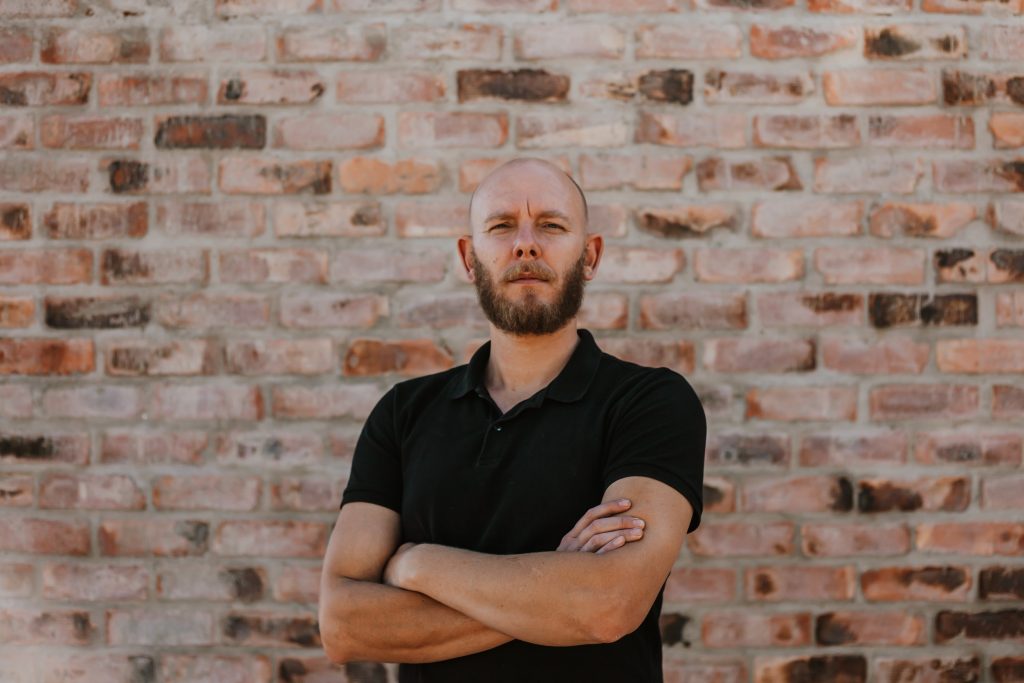
Barry, how has the South African wine market changed over the past 30 years?
“The South African wine industry has changed drammatically over the last thirty years. South Africa has been isolated until the early 1990s due to international restrictions and sanctions on the apartheid regime. Therefore, few winemakers did not have the opportunity to taste much foreign wine and even fewer had the opportunity to travel. Consequntly, the isolation has resulted in a chronic case of “national cellar palate” which was further compounded and exacerbated by the monopoly that large estates and a few co-ops had on wine production.
In Europe, centuries of inheritance and subsistence farming favoured the fragmentation of the land allotments which often were needing to be grouped to set larger brands. Differently, the majority of grape producers from the New World are made up of large land holdings by commercial farmers. Farmers either produce estate wines or put together the efforts and tools to set-up larger cooperatives.
As most Europeans know, the large cooperatives mentioned before rarely produce quality wine, while the smaller ones are often very slow to evolve. Hence, in South Africa there is a homogenous wine industry with little catalysts for change. In 1994 everything has changed!
A new path to innovation disclosed thanks to the access to international markets and a new found ability to gain international work experience. Today you’d be very hard to find any senior winemaker who hasn’t worked several harvests abroad. Where once you could only find homogeneous very similar red wines characterized by ripe fruit and strongly treated with integrated chips, and very acidic whites, today you can find all sorts.
It is possible to find light low alcohol spontaneously fermented minimal intervention Pinotage matured in clay amphora to beautifully rich, layered and textured Chenin Blanc led white blends and everything in between. Progressive winemakers, who don’t own land, as well as forward thinking landowners are rapidly joining forces, reducing yields and improving viticultural practices. Where they once supplied their grapes indiscriminately to faceless cooperatives, now the fruit finds a home in a plethora of new brands each eager to carve out their own niche. What is more, as the small guys keep raising the bar the big estates have been forced to keep up or risk becoming redundant. There’s never been a more exciting time for Cape Wine than right now!”
What Italian wines arrive in South Africa and what consumers think?
“Sadly very little, but this is slowly changing. South Africa is made up of many cultures and we also frequently wonder in amazement at how different we are. When talking about food and wine, some groups of people are historically religiously frugal, while others are extremely brand conscious, brand loyal and status driven. In between those extremes there’s a whole spectrum of consumers. Few of those consumers are particularly adventurous drinkers and most are very price conscious. In addition, a palate used to big flavours and soft tannin, an exchange rate not in our favour do not make thing easier.
In fact, this doesn’t make international travel as well as imported goods accessible to most of consumers. Hence, it is very hard to convince the average guy on the street to swap his predictable Pinotage for a lightly coloured high acid red with a slightly savoury flavour profile and a name that he cannot pronounce. That doesn’t mean it is all doom and gloom though. There is a growing middle class with disposable income and an infantile sommelier industry desperately looking to expand.
With every ambitious young wine professional coming into the fray, he or she inevitably persuades at least some of those around them. As we continue the good fight, more and more people among our friends and relatives are forced to endure our ramblings about the virtues of traveling the world through a wine glass. As well, the increasing number of small importers bringing in bespoke albeit often esoteric offerings from small producers in Europe it is also becoming increasingly easy to access (I personally have access to six importers of Italian wine in my little shop alone)”.
You are an important sommelier, what do you think Italian wine producers who want to export to South Africa should do? Are there more known regions? Is Lazio present in any way?
“Educate your customer! Not necessarily the consumer but the buyers and the sellers of the wine. For instance, initiatives like Collisioni have been invaluable in creating at least two missionaries: myself and Esmé Groenewald, and luckily we both hold positions of influence.
In spite of that, you’ll have to make sure the guys and girls on the floor recommending wine know your product to really penetrate the market. There’s an underexploited advantage in our general ignorance of Italian wine. Even the most modestly educated sommelier or wine steward should be able to name the main regions of France where wine is produced.
When asking them about Italy most of them wouldn’t be able to explain the difference between Brunello and Friuli! Down here Barolo is as well known as anything from Lazio. In other words, not known at all. All sounds just Italian. In conclusion, you get to write your own narrative”.
When you are not working what do you like to do most?
“I run multiple businesses and before Covid I still had an NPO under my guidance so there is little spare time. I work in food & wine, spend my life talking about food & wine and when I’m not working I like to eat food, drink wine and share it with friends. Sunday is family day therefore we cook food and drink wine. However, when I’m not in the kitchen, in the cellar or in the dining room I like to get far away from people and the noise. South Africa is blessed with some of the most spectacular natural beauty with endless kilometers of single track to mtb and easy access to mountain trails where I can run off those extra calories and break away from the noise”.


